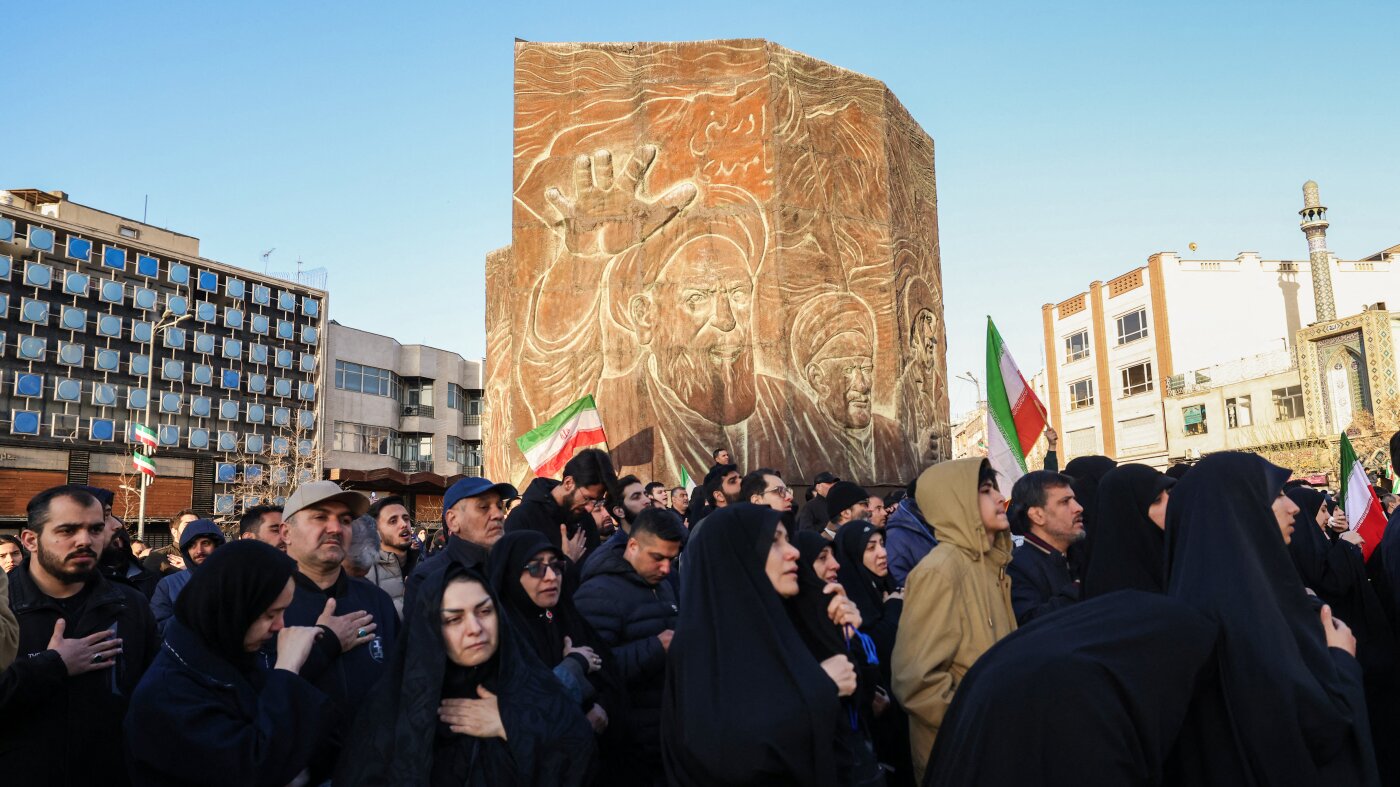
Photos: U.S.-Israeli strikes in Iran and reactions from around the world
Here’s a look at Iran, Israel and reactions from around the world after the U.S. and Israel launched strikes against Iran.
WEDNESDAY, 04 MARCH 2026, 08:05

Here’s a look at Iran, Israel and reactions from around the world after the U.S. and Israel launched strikes against Iran.
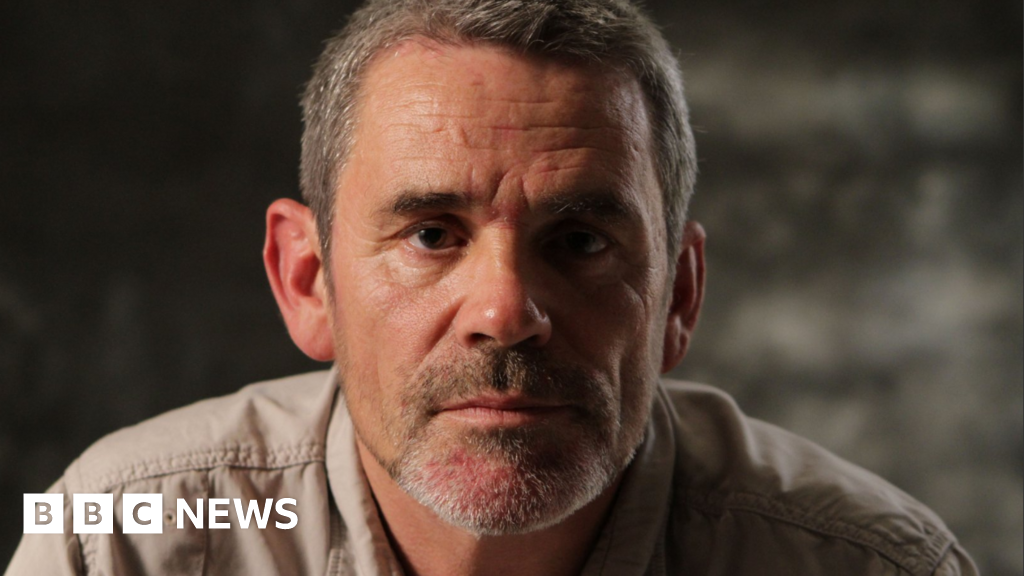
Jamie Doran played the photographer, who has died aged 61, in the 2018 movie A Private War.
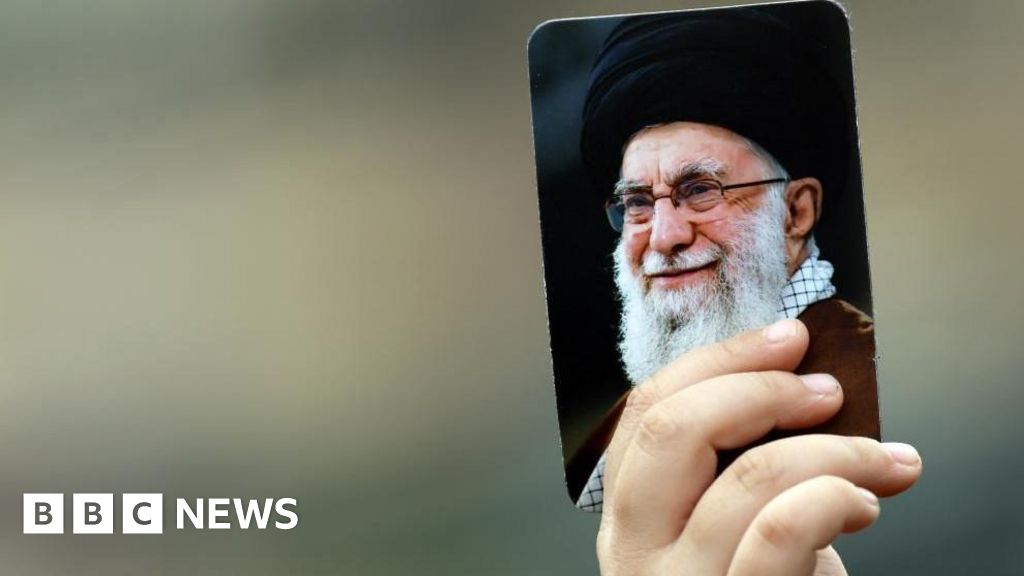
Iran’s surviving leaders are in crisis mode, battling to project security as US and Israel strikes continue.
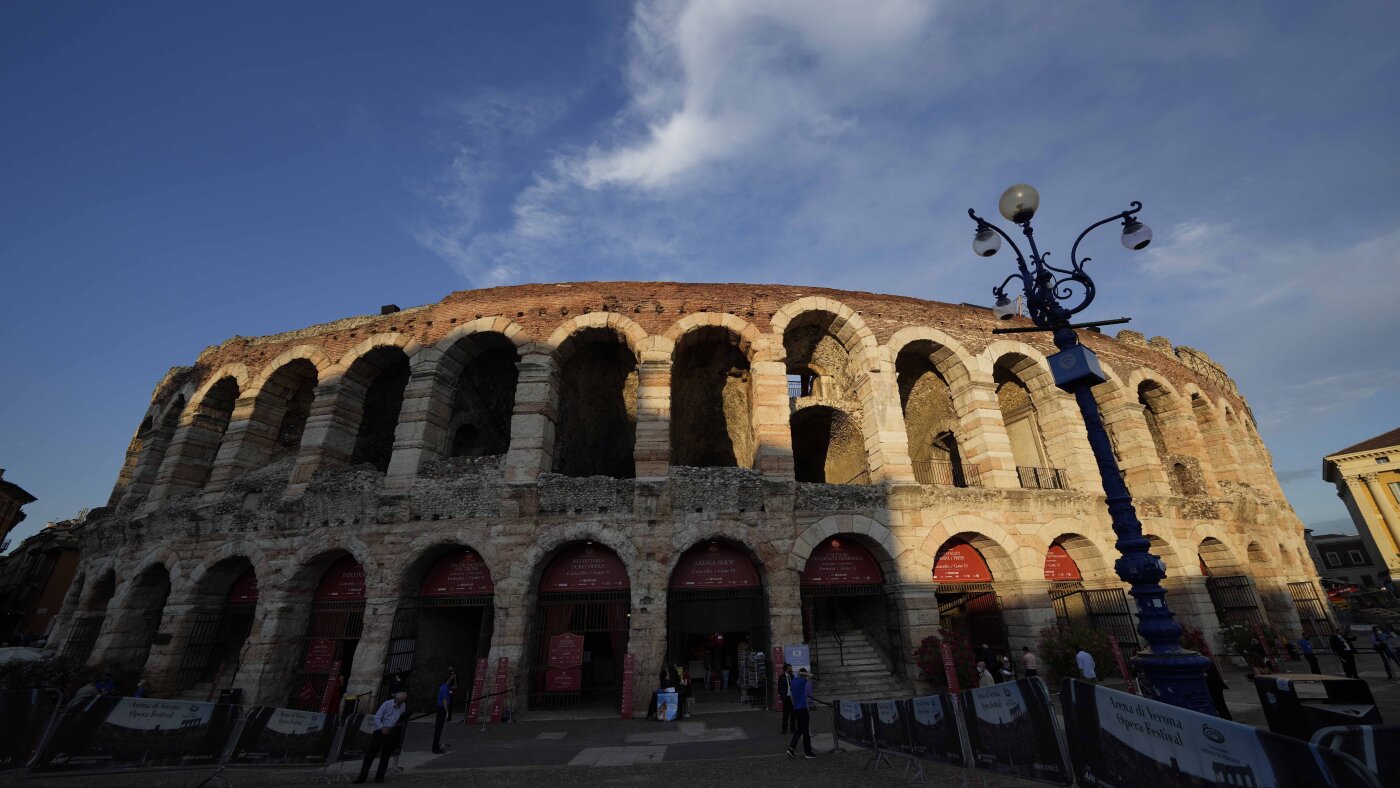
Fighting intensified in the Middle East during the Olympic truce, in effect through March 15. Flights are being disrupted as athletes and families converge on Italy for the Winter Paralympics.
An Oman port and an oil tanker off its coast were attacked on Sunday, official media said, marking the first strikes on the sultanate – which mediated US-Iran talks – since Tehran launched a retaliation campaign.
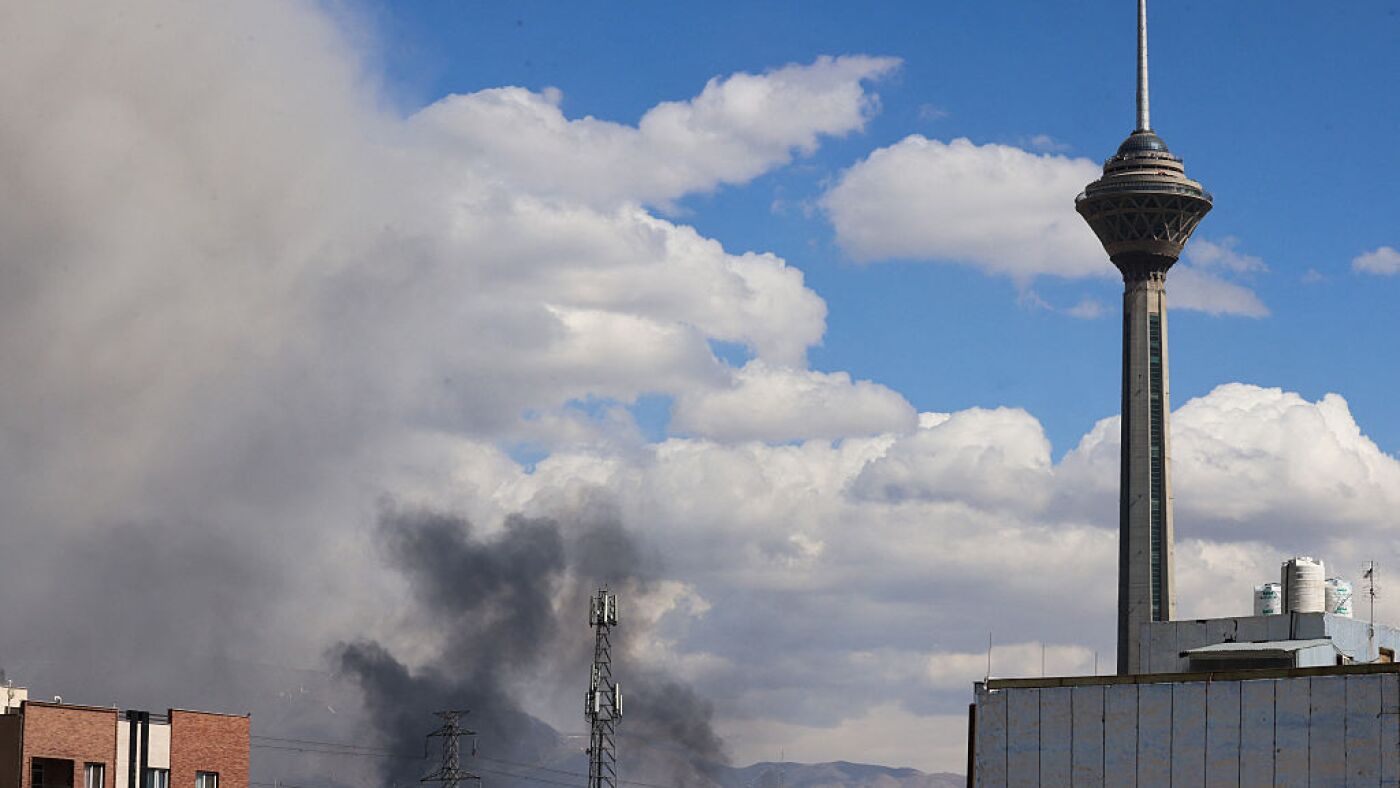
Israel said on Sunday it had launched more attacks on Iran, while the Iranian government continued strikes on Israel and on U.S. targets in Gulf states, Iraq and Jordan.
A widening Middle East conflict looks set to create the most significant disruption for gas markets since Russia’s invasion of Ukraine upended global trade four years ago.

The Iranian government has announced 40 days of mourning. The country’s supreme leader was killed following an attack launched by the U.S. and Israel on Saturday against Iran.
US President Donald Trump’s decision to strike Iran creates new risks for a significant chunk of the world’s oil supply.
Two major shipping groups on Saturday suspended navigation through the Gulf as conflict flared between the United States, Israel and Iran, piling onto a growing maritime slowdown in the region.
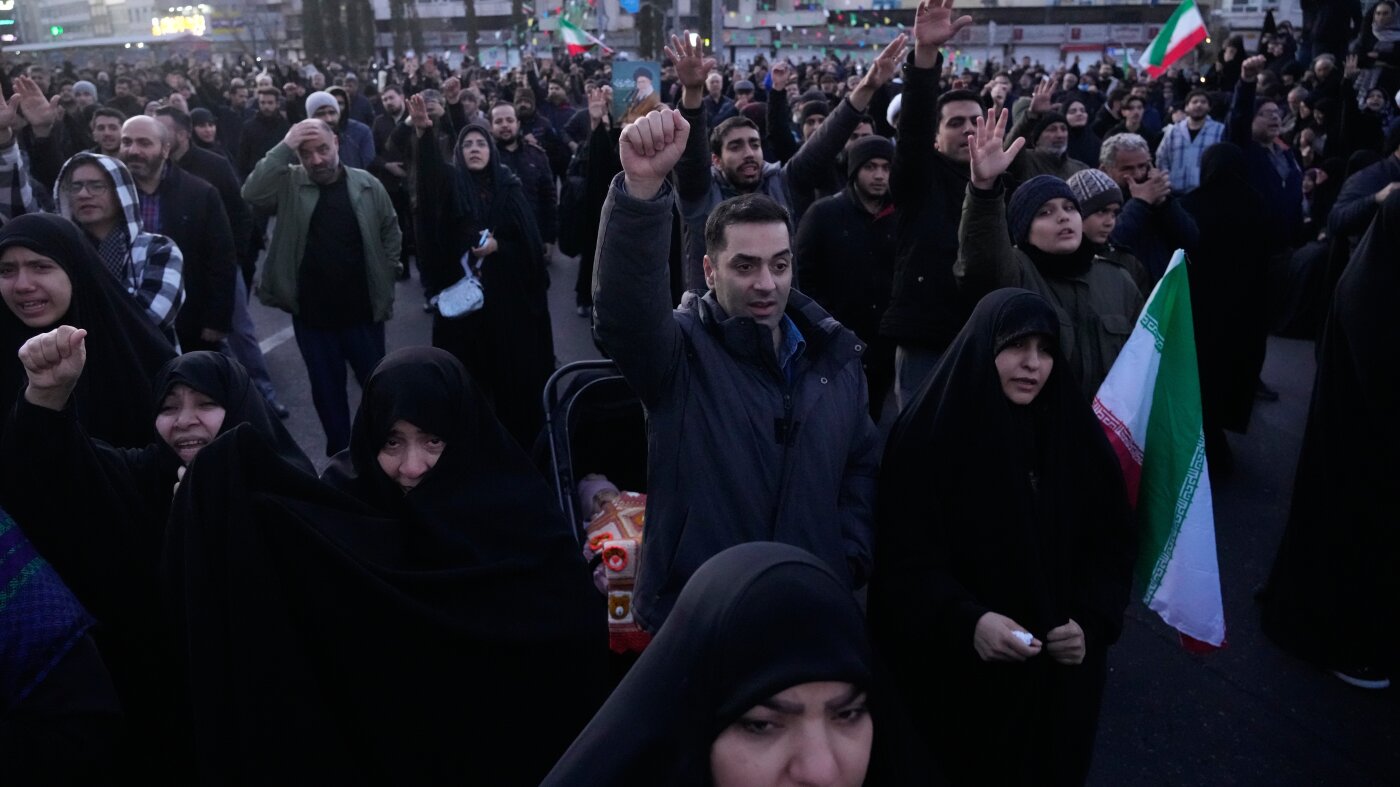
Iran fired missiles at targets in Israel and Gulf Arab states Sunday after vowing massive retaliation for the killing of Supreme Leader Ayatollah Ali Khamenei by the United States and Israel.
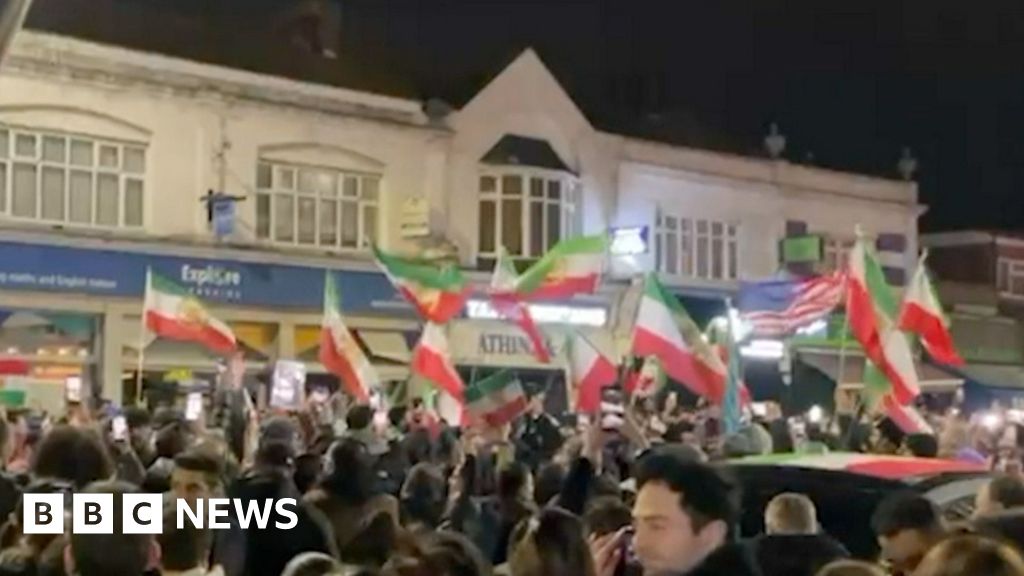
People in the UK, Spain and the United States celebrated on Saturday following news of the strikes.
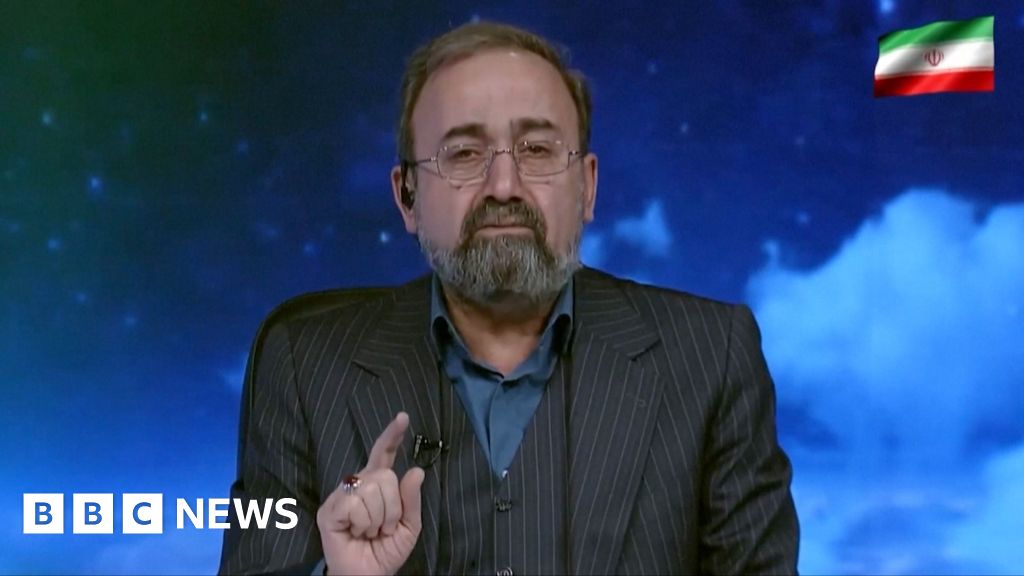
Iran’s state media has confirmed that Supreme Leader Ali Khamenei has been killed.
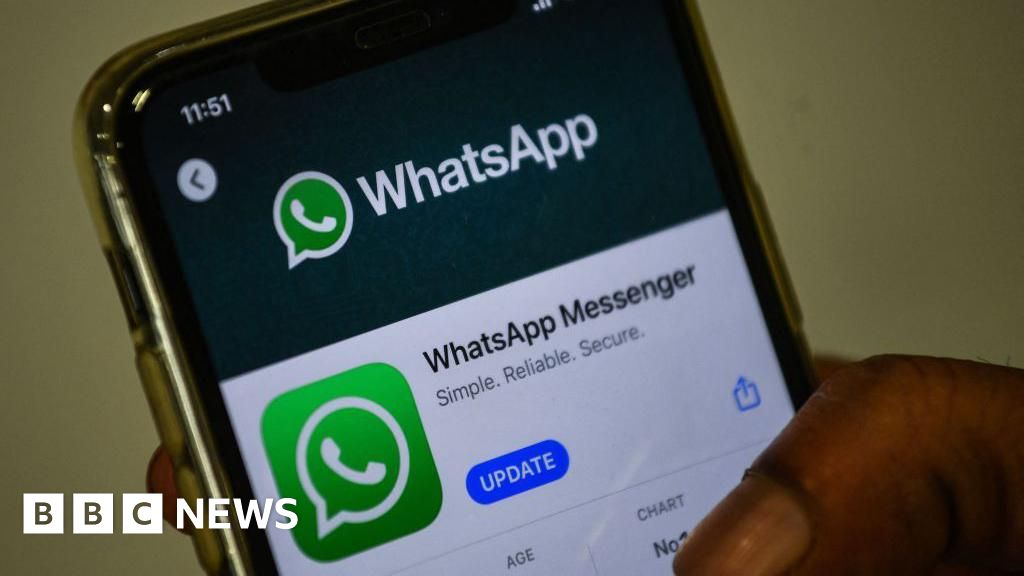
A 2021 policy update requires users to share data with Meta for ads purposes to continue using the app.
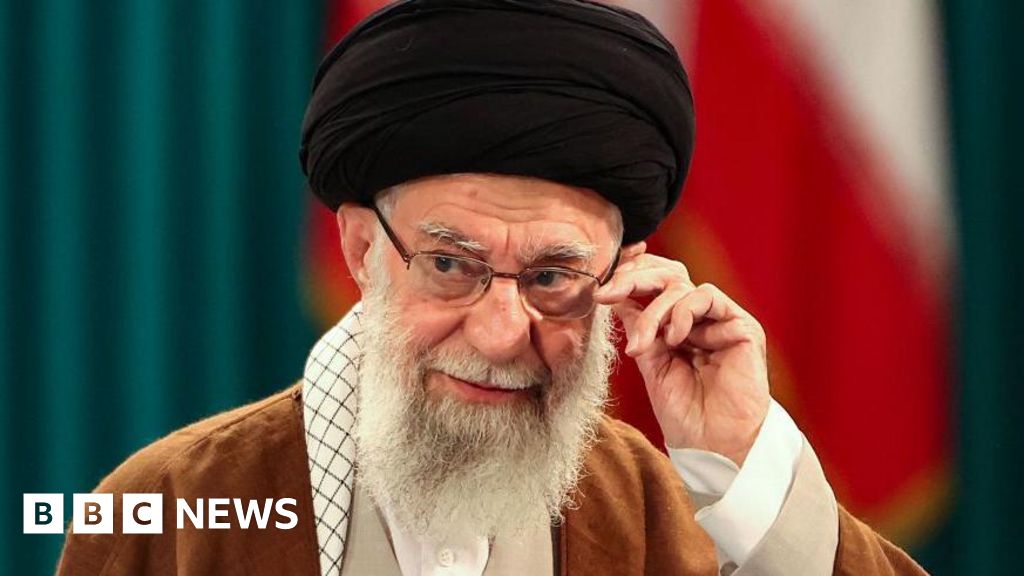
The supreme leader of Iran embraced hardline policies against increasing pressure for reform.
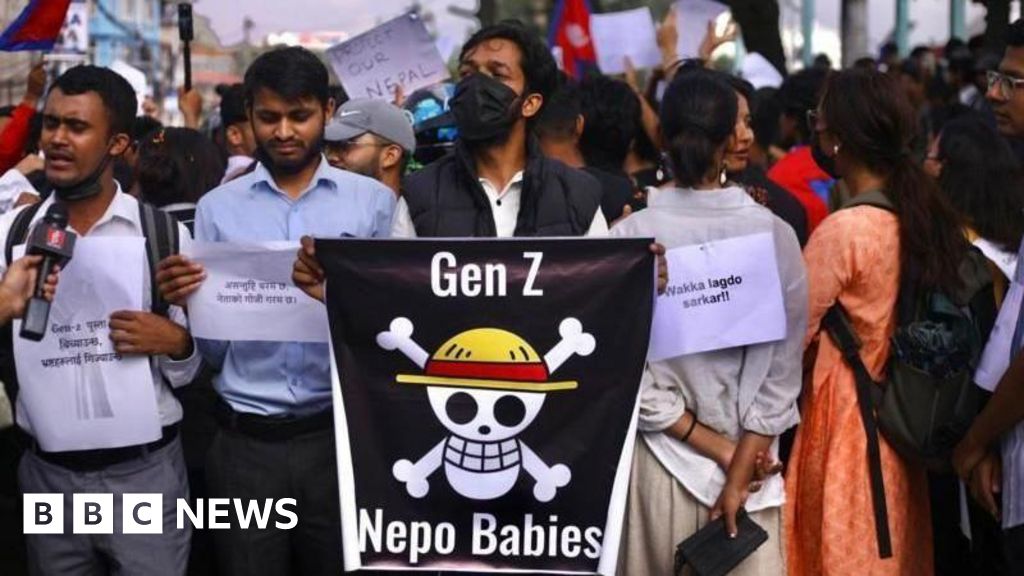
The excess of politicians’ children was front and centre of the anger that drove protests that toppled the government last year.
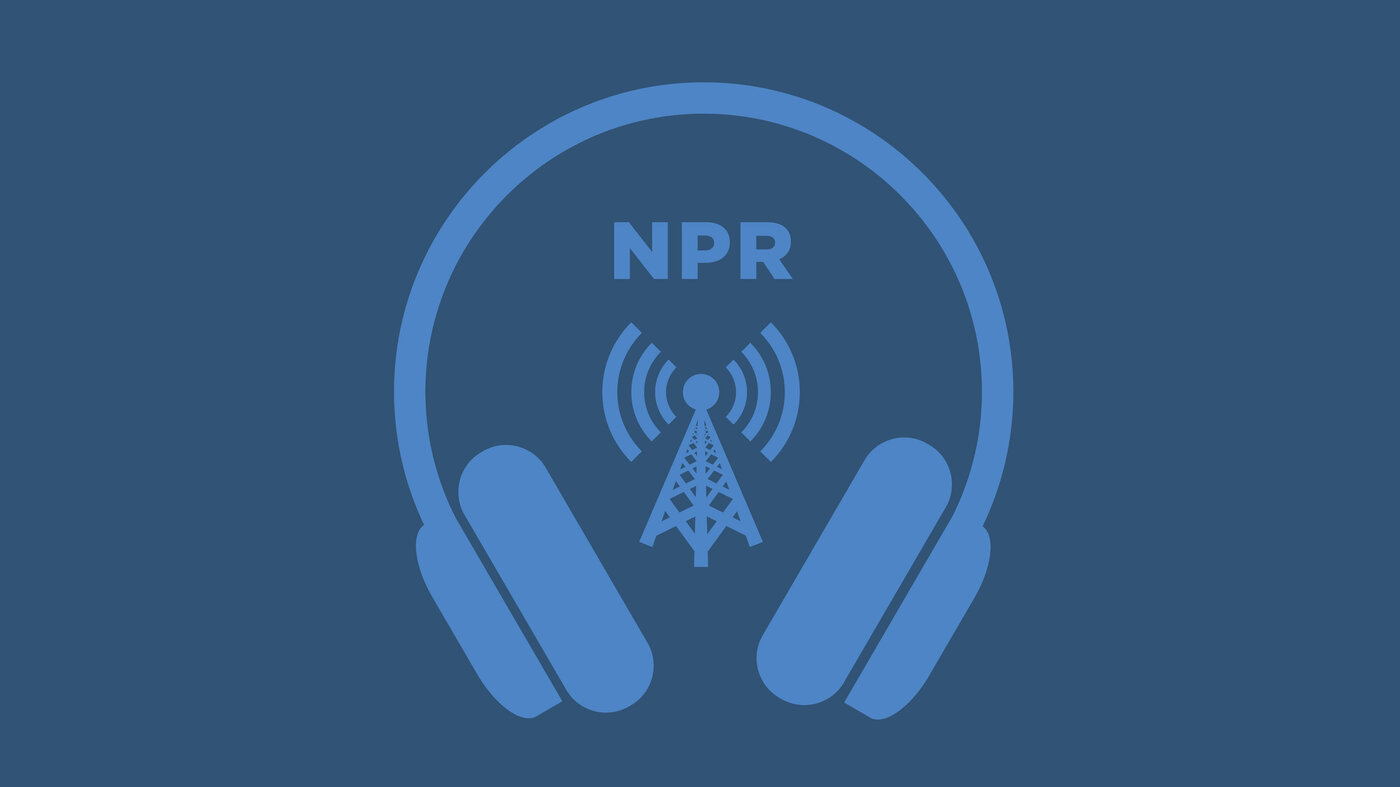
What are people in Iran saying about today’s attacks by the U.S. and Israel? We hear from people on the ground who experienced the event as it unfolded.

What will negotiations look like in the weeks after the U.S. and Israel’s strikes on Iran? Robert Malley — who was a lead negotiator on the 2015 Iran Nuclear deal — offers some insight.

Khamenei, the Islamic Republic’s second supreme leader, has been killed. He had held power since 1989, guiding Iran through difficult times — and overseeing the violent suppression of dissent.
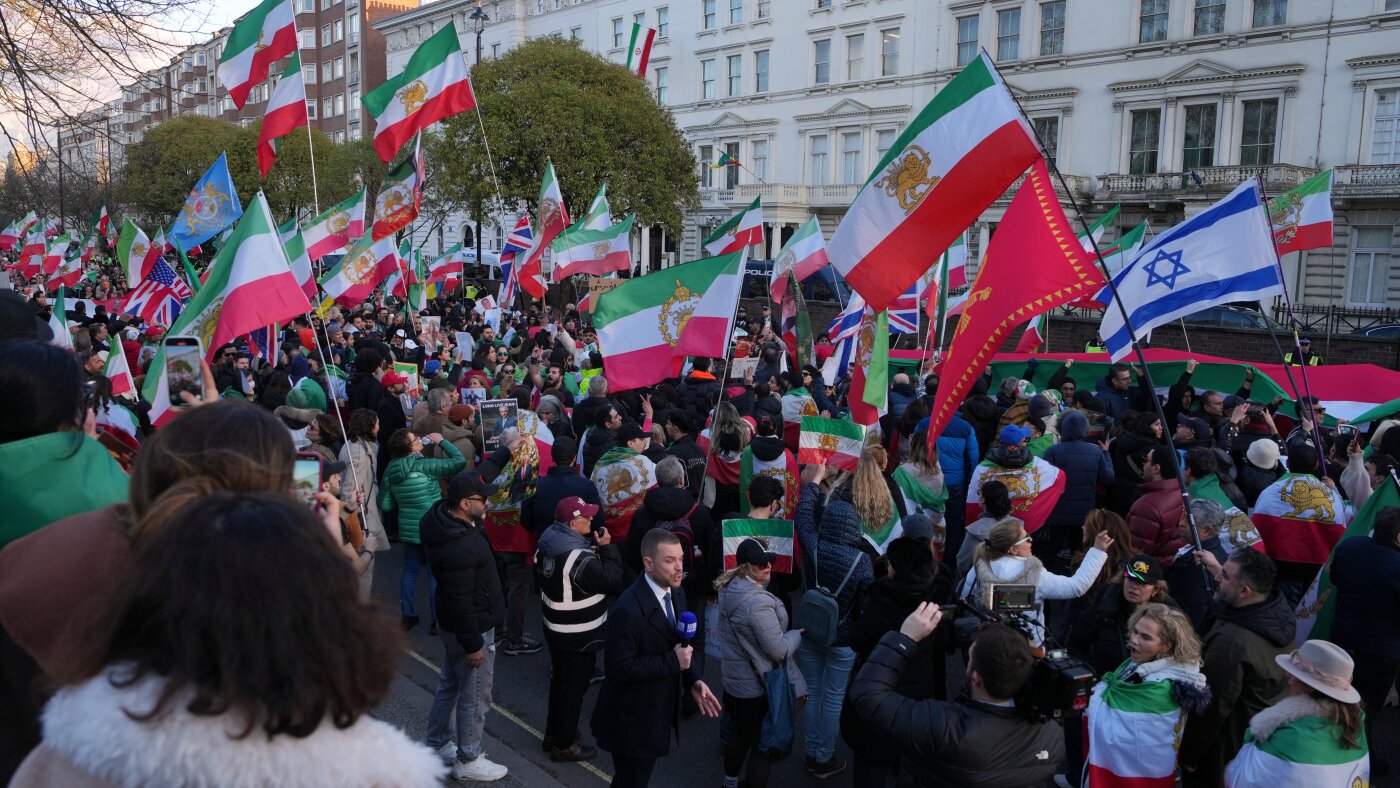
Several leaders voiced support for the operation – but most, including those who stopped short of condemning it, called for restraint moving forward.

US President Donald Trump warned members of the Islamic Revolutionary Guard to lay down their arms or face ‘certain death’.